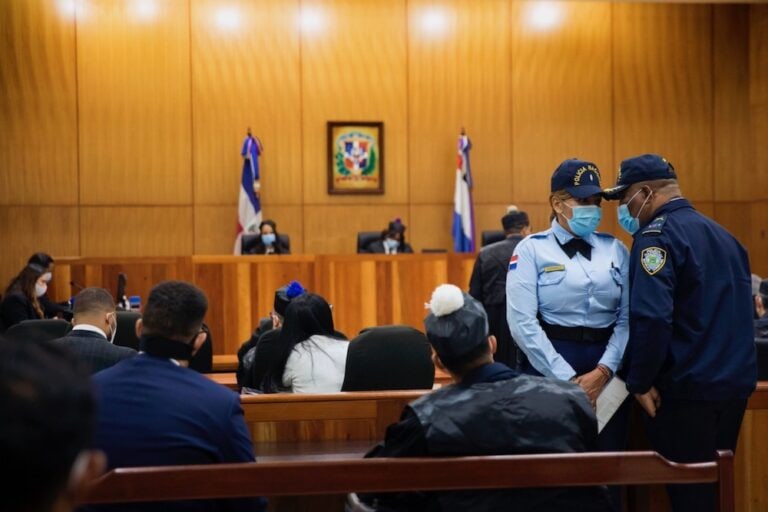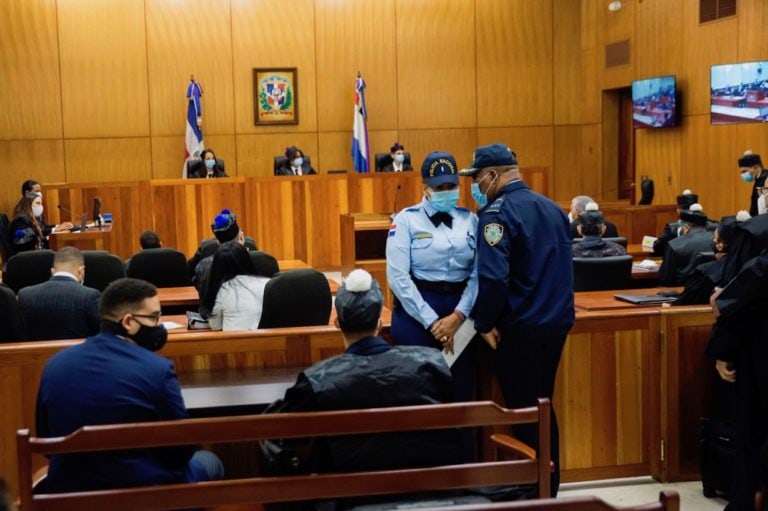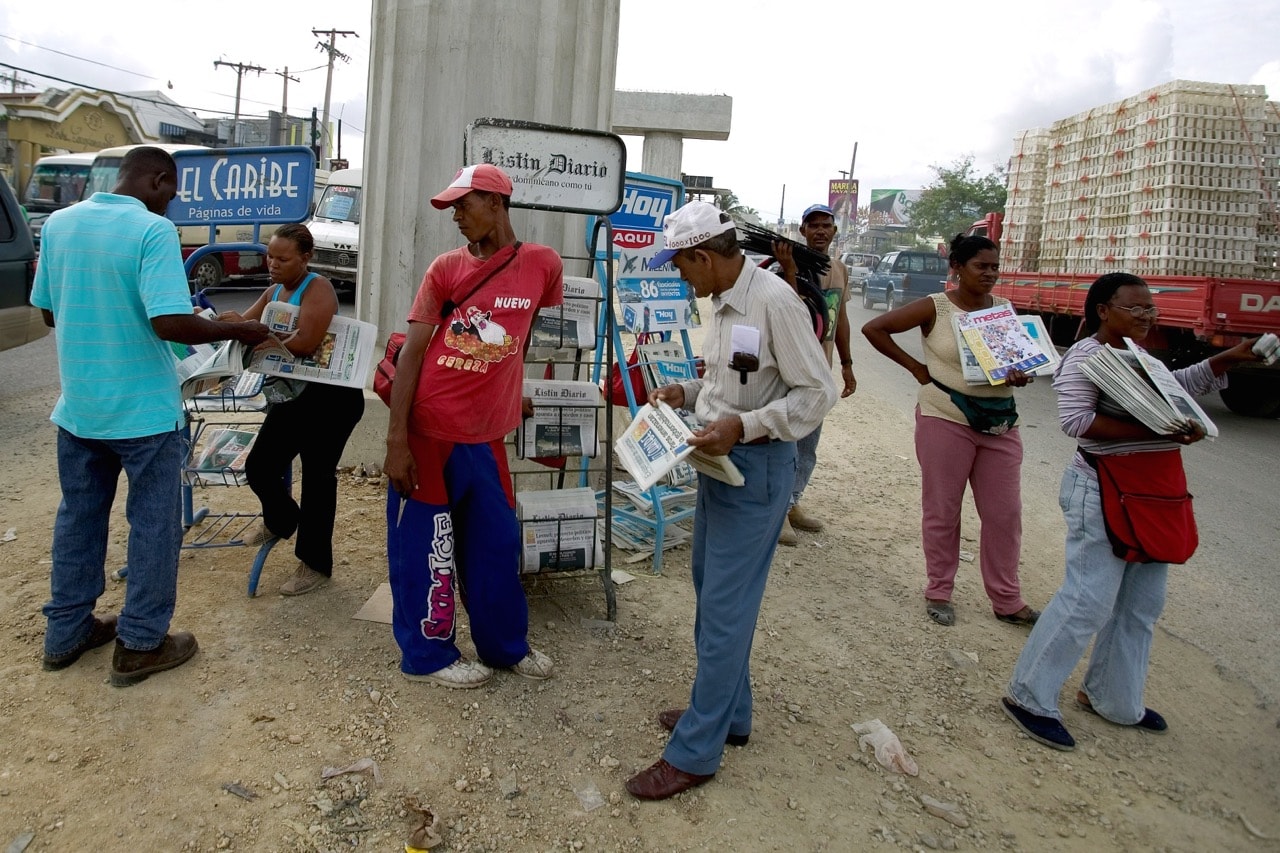(IAPA/IFEX) The following is a 17 May 2005 IAPA press release: IAPA says new broadcast rules violate press freedom in Dominican Republic MIAMI, Florida (May 17, 2005) – The Inter American Press Association (IAPA) today called on on the government of the Dominican Republic to revoke new regulations governing public performances and broadcasts, charging that […]
(IAPA/IFEX) The following is a 17 May 2005 IAPA press release:
IAPA says new broadcast rules violate press freedom in Dominican Republic
MIAMI, Florida (May 17, 2005) – The Inter American Press Association (IAPA) today called on on the government of the Dominican Republic to revoke new regulations governing public performances and broadcasts, charging that they “flagrantly violate the principles of press freedom and free speech.”
Gonzalo Marroquín, chairman of the IAPA?s Committee on Freedom of the Press and Information, said the Regulations for the Functioning and Organization of the National Commission on Public Performances and Broadcasting, which came into effect on May 7 by presidential decree, “provide for unacceptable prior censorship of the audiovisual media in authorizing the National Commission on Public Performances and Broadcasting to ‘prevent’ them from transmitting content offending the nation?s morals, decent behavior and social principles.”
The regulations also empower the Commission to suspend radio or television broadcasts of any kind, something that would violate the right to free speech and make it possible for the administrators of a government-appointed body, to impose sanctions, when only courts should have that power.
Marroquín, editor of the daily newspaper Prensa Libre, Guatemala City, Guatemala, added that equally contrary to freedom of information are a number of clauses in the regulations that provide for the imposition of fines on those who “show disrespect for the legitimately constituted authorities and public institutions,” which he said would impinge upon the role of the media as watchdog of public officials’ conduct.
He also said that if broadcast media violate the law in any way, whether in relation to public officials or private individuals, the courts are the most appropriate body to resolve disputes.
Another aspect of the legislation which violates freedom of the press and provides for prior censorship, the IAPA declared, is the warning that no newscaster may “broadcast alarming news, such as items about fires, hurricanes, earthquakes, tidal waves, floods, etc., without such news having been approved and duly authorized by the relevant authority.” This means that if the Dominican Republic is hit by any natural disaster the broadcast media would be shackled, waiting for a go-ahead from officials who would thus be acting as censors, before the media would have an opportunity to inform the public.
Marroquín added that “the right that the people have to be informed, the freedom of the media to inform without hindrance as well as to dissent and to criticize, may not be restricted in any way and much less be subject to administrators’ decisions or interpretations by the authorities.”


